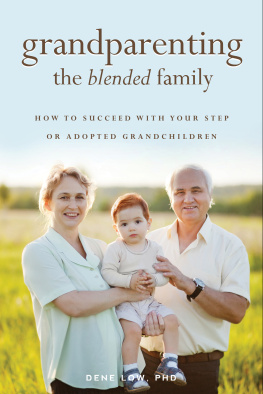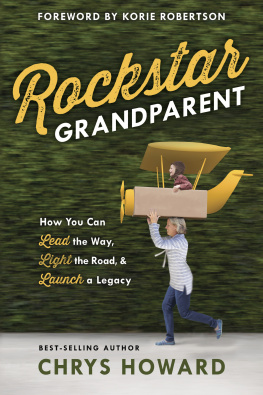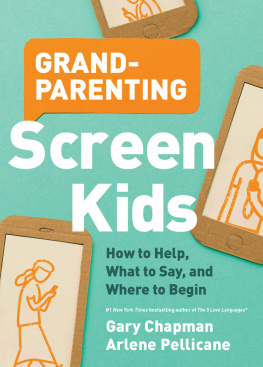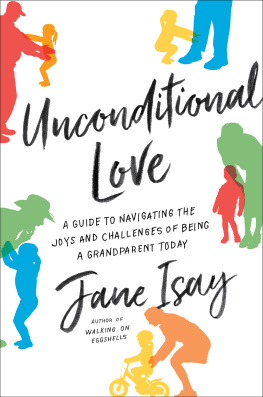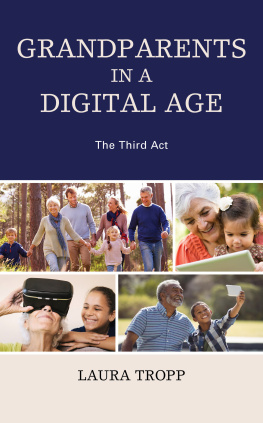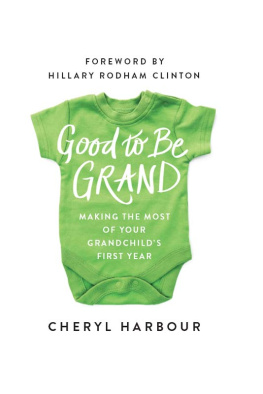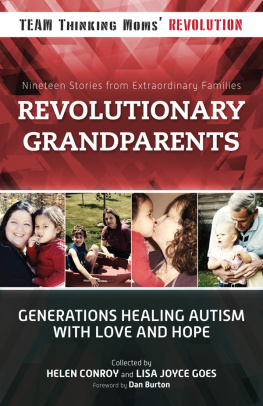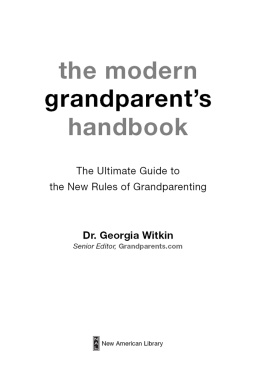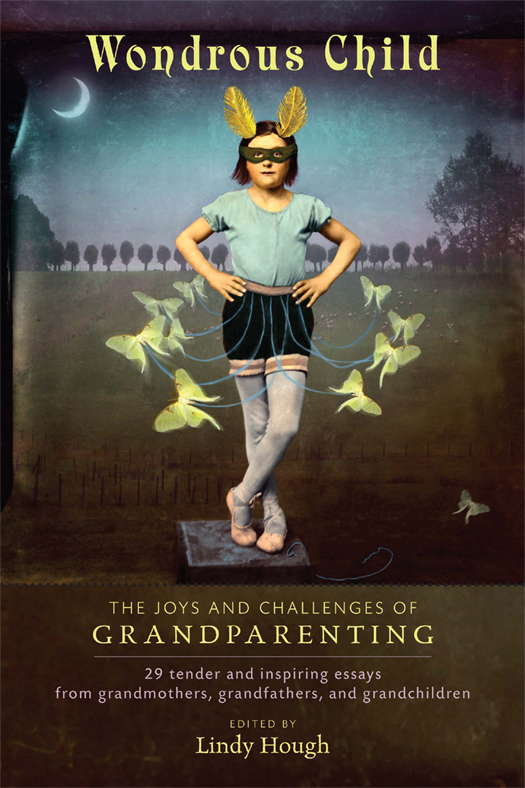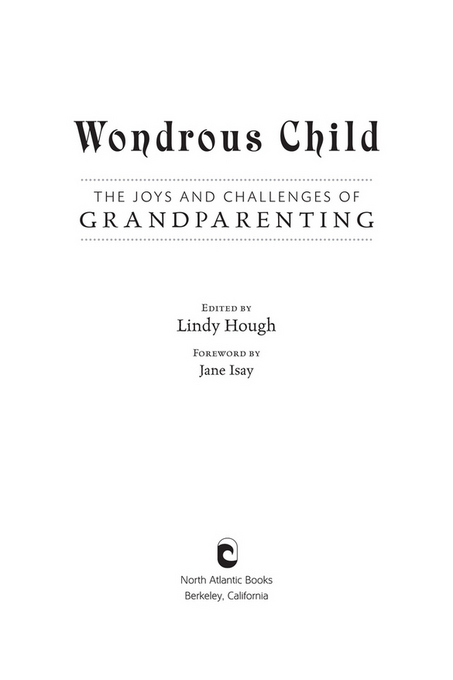Also by Lindy Hough
Poetry
Changing Woman
Psyche
The Sun in Cancer
Outlands & Inlands
Wild Horses, Wild Dreams:
New and Selected Poems, 19712010
Anthologies
Nuclear Strategy and the Code of the Warrior:
Faces of Mars and Shiva in the Crisis of Human Survival
Copyright 2012 by Lindy Hough. All rights reserved. No portion of this book, except for brief reviews, may be reproduced, stored in a retrieval system, or transmitted in any form or by any meanselectronic, mechanical, photocopying, recording, or otherwisewithout the written permission of the publisher. For information contact North Atlantic Books.
Published by North Atlantic Books P.O. Box 12327 Berkeley, California 94712 | Cover design Susan Quasha Cover image Maggie Taylor, Small possibilities |
This is issue number 70 in the Io series.
Wondrous Child is sponsored by the Society for the Study of Native Arts and Sciences, a nonprofit educational corporation whose goals are to develop an educational and cross-cultural perspective linking various scientific, social, and artistic fields; to nurture a holistic view of arts, sciences, humanities, and healing; and to publish and distribute literature on the relationship of mind, body, and nature.
North Atlantic Books publications are available through most bookstores. For further information, visit our website at www.northatlanticbooks.com or call 800-733-3000.
Copyright acknowledgments are listed on .
Library of Congress Cataloging-in-Publication Data
Wondrous child : the joys and challenges of grandparenting / edited by Lindy Hough; foreword by Jane Isay.
p. cm.
Summary: An anthology of twenty-nine tender, fierce, and inspiring essays, Wondrous Child explores the complexity of the grandparenting relationship in todays diverse societyProvided by publisher.
eISBN: 978-1-58394-378-6
1. Grandparenting. 2. Grandparent and child. I. Hough, Lindy, 1944
HQ759.9.W66 2012
306.8745dc23
2011031278
v3.1
To my older sisters, Susie and Polly
grandmothers whose warmth, clarity, and spontaneity inspire me
Contents
Acknowledgments
A TRIBE OF COLLEAGUES, FRIENDS , family, and children helped me along the path of assembling this book.
I want to thank the contributors, who opened their hearts and wrote skillfully about their experiences either as grandparents or a grandchild with an elderly or dying grandparent. Without you, we would not have the varied age range, geographical variety, and level of serious inquiry Wondrous Child has achieved. You kept the book grounded in the details of your families and histories, all over the country and in Canada, often telescoping years and geographical distances into thoughtful, yet relatively succinct descriptions.
My respect and gratitude go to my colleagues at North Atlantic Books for their professionalism. They understood the vision of this book and helped me realize its potential. Janet Levin, Kat Engh, and Roslyn Bullas steered Wondrous Child carefully, each bringing their special expertise to it. Laura Shauger contributed wise and careful copy-editing, for which I am grateful. The experience of publishing Tissa Abeysekaras Bringing Tony Home, with its compelling portrayal of the grandmother, planted a seed in my mind about the importance of positive grandparents. Im grateful to Michael Ondaatje and Mark White for bringing Tony to our attention, and to Mark and Asanka Abeysekara for helping with permission to use this moving excerpt from the story in Bringing Tony Home.
Nancy Hathaway was an early influence on including a sense of the sacred in the book. Louise Steinman, Amy Gorman, Susan Halpern, Donne Davis, Joanna Biggar, Saphira Linden, Alia Wittman, Judyth O. Weaver, April Gilbert, Rondi Gilbert, Summer Brenner, Brooke Warner, and Elizabeth Kennedy listened to my questions about intergenerational communication and often responded with bracing talk about how they saw family dynamics, as well as how to portray them in an anthology.
I also want to thank Dr. Lenora Madison Poe, who described not just her own work locally and nationally to bring visibility to grandparents who raise their grandchildren, but invited me to meetings of the Grandparents As Parents support group in Berkeley. Together we found a way to touch on this large and important demographic of kin care for children. There I met JoAnn Wynn, who opened her world to me and became a friend.
I am grateful to my sisters, Susie Doyle and Polly Hough, who shared their understanding, wisdom, and enthusiasm about grandparenting years before it became a reality for me.
To my children, Robin Grossinger and Miranda July, and their spouses, Erica Wandner and Mike Millsyou are the immediate family surrounding me. Im grateful for your love and stability, as we venture together into being an intergenerational family. The voices of my spirited grandchildren, Leo and Joey, were often in my mind. Finally, the love of Richard Grossinger, my long-time husband and partner, sustains me. He has shared with me this remarkable journey of being a family.
Foreword
M Y OLDEST GRANDSON AND I were on our way home from his school when we learned that President Barack Obamas motorcade was nearby. We hurried to the police barrier, excited and expectant. First came the motorcycles and the limos, and finally the square car with the flags. When we spotted President Obamas profile in the car window, we were dancing and screaming with delight. Was this the best moment in your life? he asked. Oh, no, I said, that was the day you were born.
I wept and then melted when I first held him, as any grandparent would. I also felt a great rush of immortality. I suddenly became a hinge in history. I was born before World War II, and my parents at the turn of the twentieth century. Their older friend, born in the nineteenth century, sang me baby songs she had learned from her mother, who was born after the Civil War. My twentieth-century sons heard these songs. I murmured them to my grandchildren in the twenty-first century. They sing my songs to their younger siblings, and I know their grandchildren will hear these same songs in the twenty-second century. That makes four centuries, the way I count them.
We also become the carrier of stories and values, and we have the chance to give the little ones a great gift in this harried eratime, free time, time without constraints of appointments, lessons, or obligations. It doesnt matter how many hours we spend with them. Grandparents can stop time by relaxing and focusing on their needs and wishes.
Its easier to create grandma space when the parents are not around. Its best to be alone with them. So every week, I spend a morning or an afternoon alone with each of my small grandkids, who range in age from little baby to seven. I find the regimen exhausting and sometimes overwhelming, but I have already seen the second grader long for the company of his friends when he is with me, and I know our alone time is running out. That energizes me to be with the three-year-olds and the baby.
My own kids kept me so busy and exhausted that I didnt have the energy to watch them as closely or enjoy their antics as much as I do the grandchildren. I love to see the development of language, manners, competence, and conscience in the grandkids, and its fascinating to see their different personalities emerge from within the same family. It makes me understand the generosity of the gene pool my grandkids come from.


